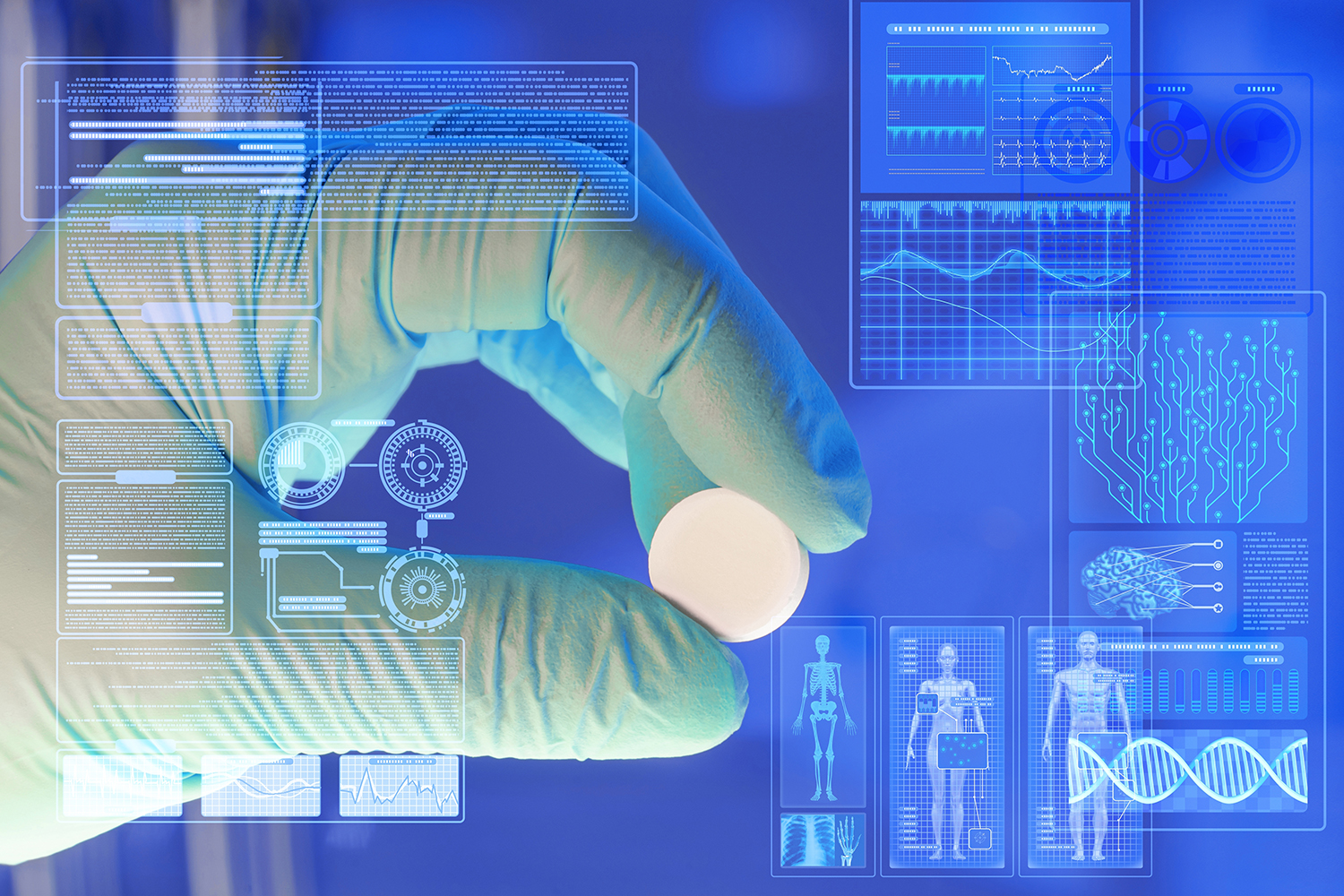In the 21st century, medicine has evolved into one of the most powerful tools for improving human life. From fighting infectious diseases to managing chronic conditions, modern medical advancements continue to redefine how we live, age, and recover. Here’s a closer look at how medicine is transforming health outcomes across the world.
1. Preventive Medicine: A Shift Toward Wellness
Preventive medicine focuses on avoiding disease before it begins. This includes vaccinations, regular health screenings, healthy lifestyle promotion, and early detection strategies. Conditions like heart disease, diabetes, and certain cancers can be significantly reduced through preventive care. As more people become proactive in managing their health, life expectancy continues to rise.
2. Breakthroughs in Pharmaceuticals
Over the past few decades, pharmaceutical innovations have revolutionized treatment options. From antibiotics to targeted cancer therapies and personalized medicine, drugs are now more precise and effective than ever. Innovations such as mRNA vaccines (e.g., for COVID-19) showcase how quickly new solutions can be developed in response to global health crises.
3. Technology and Digital Health
Technology is playing a huge role in healthcare. Telemedicine, wearable devices, electronic health records (EHR), and AI-assisted diagnostics are making healthcare more accessible and efficient. Patients can now monitor their blood pressure, glucose levels, and heart rate from home, helping doctors make informed decisions remotely.
4. Mental Health Integration
Modern medicine now acknowledges that mental health is as important as physical health. Psychiatric medications, therapy, and mindfulness practices are being integrated into primary care. As stigma fades and services expand, more people are seeking help for depression, anxiety, PTSD, and other conditions.
5. Regenerative Medicine and Gene Therapy
Regenerative medicine, including stem cell therapy and tissue engineering, holds the promise to repair or replace damaged tissues and organs. Gene therapy, still in its early stages, aims to correct genetic defects at their source. These innovations could eventually cure genetic diseases that were once considered untreatable.
6. Challenges Ahead
Despite the progress, many challenges remain: unequal access to care, antibiotic resistance, high drug prices, and healthcare infrastructure gaps in developing nations. Addressing these issues requires global cooperation, policy reform, and sustainable innovation.
Conclusion
Medicine continues to shape the way we live healthier, longer, and more fulfilling lives. As science progresses, so does our ability to prevent, treat, and even cure diseases that once devastated entire populations. The future of medicine is not only about curing illness—it’s about enhancing human potential.

